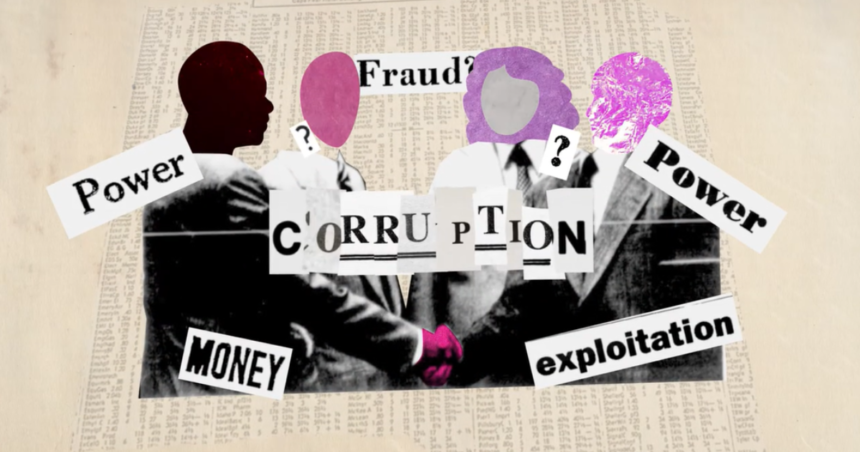Africa will never advance with corruption: Causes, Effects, and 20 Steps Towards Transparency.

Corruption in Africa: A Grave Challenge Corruption in Africa poses significant challenges to the continent’s progress. From political leaders to ordinary citizens, it affects all levels of society. Let’s explore why this issue persists and its far-reaching consequences.
Root Causes of Corruption
- Poverty and Greed: Poverty and the desire for personal gain drive many individuals, including government officials, to engage in corrupt practices.
- Lack of Accountability: Weak systems of accountability create an environment where corruption can thrive.
- Conflict and Instability: Countries plagued by conflict and instability often experience higher levels of corruption.
- Effects of Corruption Increased Poverty: Corruption diverts resources away from essential services, leaving millions deprived of basic needs.
- Erosion of Trust: Corruption erodes public trust in government institutions.
Hindrance to Development: It hinders economic progress and deters foreign investment.
The Most Corrupt Countries in Africa
Let’s take a closer look at nine of the most corrupt countries in Africa, where corruption has taken a severe toll on their societies.
- Somalia: Long-standing conflict and poverty have made Somalia one of the most corrupt nations.
- Sudan: Warlords and terrorism contribute to rampant corruption in Sudan.
- Burundi: Despite anti-corruption efforts, Burundi remains a center for organized corruption.
- Chad: Poverty and inflation have pushed Chad into a deep depression marked by excessive corruption.
- Zimbabwe: Zimbabwe has seen a significant increase in corruption in recent years.
- Equatorial Guinea: Despite immense wealth, 60% of its citizens live in poverty.
- Democratic Republic of the Congo: Corruption has become an art form in DR Congo.
- Libya: Libya’s judicial and police systems are involved in corruption.
- Angola: Corruption has infiltrated the entire government system in Angola.
- Solutions to corruption:
To combat corruption effectively, leaders in Africa must take proactive steps to ensure transparency and accountability in their actions.
Here are 20 essential requirements to address this pressing issue:
- Asset Declaration: Elected leaders must declare all assets and investments before taking office.
- Regular Asset Updates: Annual updates with explanations for significant changes.
- Independent Audits: Independent bodies should verify and audit leaders’ declared assets.
- Conflicts of Interest: Leaders should recuse themselves from decisions involving conflicts of interest.
- Transparent Campaign Financing: Political campaigns must disclose funding sources.
- Whistleblower Protection: Enact laws protecting whistleblowers.
- Code of Ethics: Leaders must adhere to a comprehensive code of ethics.
- Open Budgets: Governments should publish detailed budgets and expenditures online.
- Freedom of Information: Protect citizens’ right to access government information.
- Anti-Nepotism Policies: Implement policies to prevent nepotism in government.
Competitive - Procurement: Ensure competitive bidding processes for government contracts.
- Public Asset Management: Establish transparent systems for managing public assets.
- Accessible Judiciary: Guarantee an independent and accessible judiciary.
- Strong Anti Corruption Agencies: Strengthen anti-corruption agencies with adequate resources.
- Civil Society Engagement: Encourage civil society organizations to monitor government activities.
- International Cooperation: Collaborate with international organizations to combat cross-border corruption.
- Ethics Training: Mandatory ethics training for elected leaders.
- Severe Penalties: Enforce stringent penalties for corrupt practices.
- Transparent Lobbying: Regulate and make lobbying activities transparent.
- Public Accountability Forums: Establish regular public forums to hold leaders accountable.
Conclusion
By implementing these 20 requirements, African leaders can take substantial steps towards combating corruption, promoting transparency, and fostering a more prosperous and equitable society for their citizens. Committing to these measures is crucial for a corruption-free future in Africa.
